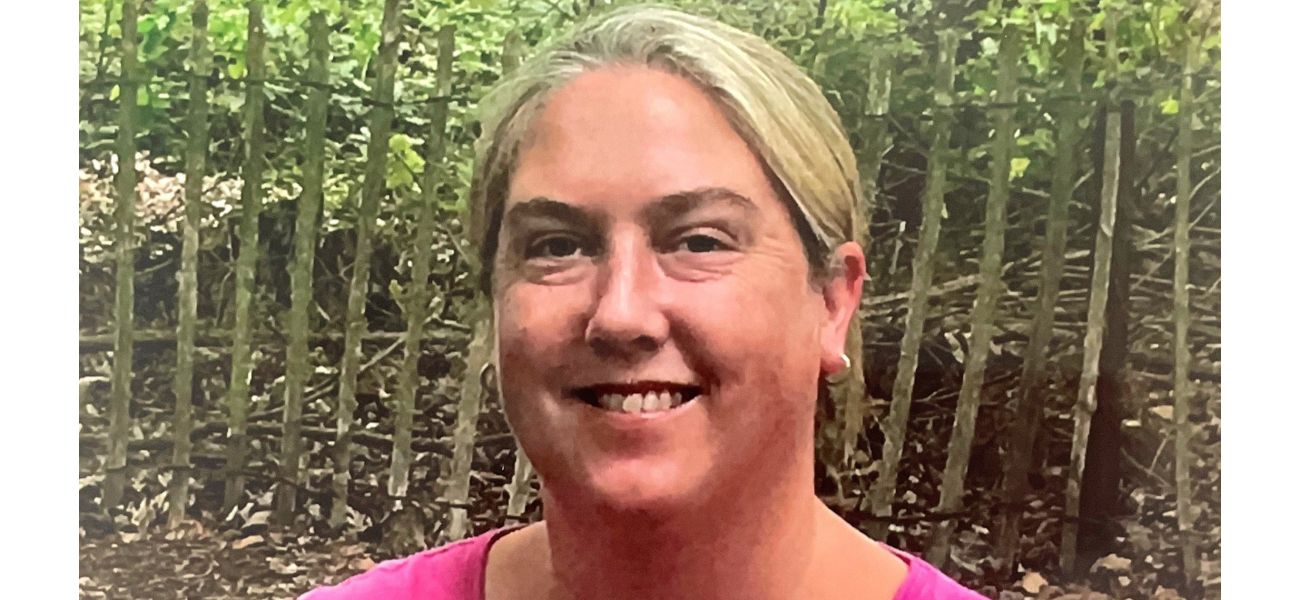A 43-year-old mother dies at home from a heart attack after waiting two hours for an ambulance.
If she had gotten prompt medical care, it's probable she would have lived.
October 8th 2024.

Julie Hurn, a 43-year-old mother of two, made a frantic call to 999 as she experienced intense chest pains. Sadly, she passed away while waiting over two hours for an ambulance to arrive. The inquest revealed that Julie suffered a heart attack in her home in Attleborough, Norfolk, on July 7th, 2022. According to the Norfolk coroner Yvonne Blake, she died due to a myocardial infarction, which occurs when a blood clot blocks the heart's blood flow.
The tragedy of Julie's death was made even more heartbreaking by the fact that she had called for an ambulance at 3:26 pm, urgently seeking help. Her call was given a category two status, indicating that she needed medical attention within 18 minutes. However, it wasn't until nearly two hours later, at 5:14 pm, that the paramedics arrived. By then, it was too late. Julie's neighbor had made a second call around an hour after her first, informing the emergency services that she was now vomiting. But it wasn't until shortly before 5 pm that her call was escalated.
Julie's job as a contracts manager for Norfolk County Council may have made her familiar with emergency protocols, but it was no match for the unfortunate circumstances that led to her death. According to the post mortem examination carried out by Rajesh Logasundaram, if Julie had received immediate treatment, she would have had a much higher chance of survival. He stated that an earlier 999 call would have made a significant difference in her outcome.
The inquest at Norfolk Coroner's Court heard that the region was experiencing a 'black surge' at the time of Julie's emergency. This term refers to a period of high demand for emergency services and acute hospitals. Chris Hewitson, a patient safety specialist officer from the East of England Ambulance Service Trust, testified that Julie's initial call was correctly categorized. However, he also mentioned that there were 50 other urgent calls waiting at that time, and 19 ambulances were stranded outside the Norfolk and Norwich University Hospital alone.
The coroner, Ms. Blake, acknowledged that the medical evidence suggested that Julie would have had a higher chance of survival if she had received immediate treatment or been in the hospital when she had a cardiac arrest. She also agreed with the consultant cardiologist, Prof Saul Myerson, who stated that although it may not have prevented the heart attack, being in the hospital would have improved Julie's chances of survival.
In a statement read to the court, Julie's brother, Gary Hambling, expressed his family's belief that the NHS had let them down. He described the time it took for an ambulance to reach his sister as unacceptable. Clare Gooch, the family's representative and a medical negligence lawyer from Switalskis, stated that this has been a painful time for Julie's loved ones, and they hope the inquest will provide some answers and closure.
As the inquest continues, it is clear that Julie's untimely death has left a devastating impact on her family and friends. It serves as a reminder of the importance of prompt medical attention and the need for a well-equipped and efficient healthcare system.
The tragedy of Julie's death was made even more heartbreaking by the fact that she had called for an ambulance at 3:26 pm, urgently seeking help. Her call was given a category two status, indicating that she needed medical attention within 18 minutes. However, it wasn't until nearly two hours later, at 5:14 pm, that the paramedics arrived. By then, it was too late. Julie's neighbor had made a second call around an hour after her first, informing the emergency services that she was now vomiting. But it wasn't until shortly before 5 pm that her call was escalated.
Julie's job as a contracts manager for Norfolk County Council may have made her familiar with emergency protocols, but it was no match for the unfortunate circumstances that led to her death. According to the post mortem examination carried out by Rajesh Logasundaram, if Julie had received immediate treatment, she would have had a much higher chance of survival. He stated that an earlier 999 call would have made a significant difference in her outcome.
The inquest at Norfolk Coroner's Court heard that the region was experiencing a 'black surge' at the time of Julie's emergency. This term refers to a period of high demand for emergency services and acute hospitals. Chris Hewitson, a patient safety specialist officer from the East of England Ambulance Service Trust, testified that Julie's initial call was correctly categorized. However, he also mentioned that there were 50 other urgent calls waiting at that time, and 19 ambulances were stranded outside the Norfolk and Norwich University Hospital alone.
The coroner, Ms. Blake, acknowledged that the medical evidence suggested that Julie would have had a higher chance of survival if she had received immediate treatment or been in the hospital when she had a cardiac arrest. She also agreed with the consultant cardiologist, Prof Saul Myerson, who stated that although it may not have prevented the heart attack, being in the hospital would have improved Julie's chances of survival.
In a statement read to the court, Julie's brother, Gary Hambling, expressed his family's belief that the NHS had let them down. He described the time it took for an ambulance to reach his sister as unacceptable. Clare Gooch, the family's representative and a medical negligence lawyer from Switalskis, stated that this has been a painful time for Julie's loved ones, and they hope the inquest will provide some answers and closure.
As the inquest continues, it is clear that Julie's untimely death has left a devastating impact on her family and friends. It serves as a reminder of the importance of prompt medical attention and the need for a well-equipped and efficient healthcare system.
[This article has been trending online recently and has been generated with AI. Your feed is customized.]
[Generative AI is experimental.]
0
0
Submit Comment





